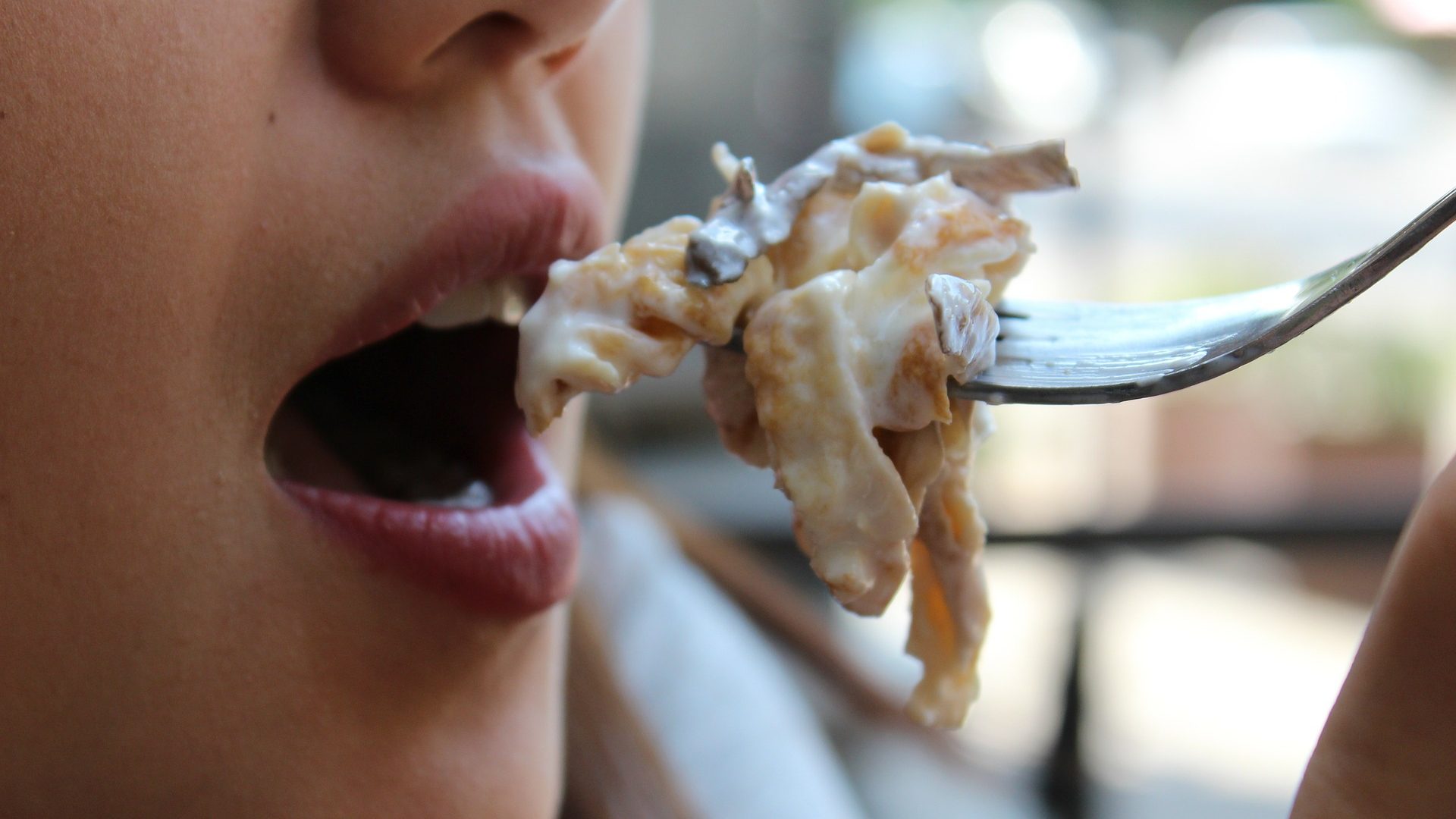What is Heartburn?
You’ve just eaten a big meal and leaned back in your favorite chair to watch your favorite TV program. As you begin to relax, your chest starts to hurt so much it feels like it’s on fire. You may be experiencing heartburn. According to studies, about 30% of adults experience occasional heartburn, while 10% experience it almost every single day. Heartburn is common, and an occasional episode is generally nothing to worry about. However, many people have already considered it as an uncomfortable condition that requires medication or medical attention.
Heartburn is described as a burning sensation that can be felt in the chest specifically at the lower sternum. Such pain is caused by a reflux of digestive acid that shoots up and enters the lower esophagus thus resulting in a burning sensation and acute pain.
This condition is also called acid reflux, cardialgia, pyrosis, and GERD. Statistically, 60 million Americans suffer from this condition, and needless to say, it’s never pleasant when it occurs.
Heartburn usually follows after a heavy meal. To understand how this condition comes about, it is best to be aware of what exactly happens when we eat food. The food that is swallowed travels from the mouth to the stomach through a hollow tube called the esophagus. Before food enters the stomach, it must pass through a tight muscle at the lower part of the esophagus called the Lower Esophageal Sphincter (LES). The lower esophageal sphincter prevents food from traveling backward into the esophagus.
Once in the stomach, stomach acid slowly digests the food. This acid is very strong and can damage most parts of the body. Fortunately, the stomach is protected from its own acid by a special mucous layer. The esophagus, however, does not have any such special protection. If the lower esophageal sphincter does not close completely, the lower part of the esophagus can be damaged by stomach acid. When this happens, heartburn is experienced.
It can last for several hours and is often worse after eating, or when lying down, or when a person who just ate suddenly bends over. Heartburn is the most common symptom of reflux. Reflux occurs when acid in the stomach, which is there to help digest food, rises up into the esophagus, causing pain, irritation, and discomfort.
Its already know that some substances can cause heartburn. So, by simply avoiding these “triggers” you can achieve a heartburn cure before it even started.
Click HERE >> if you experience this troubling issue <<
What usually cause heartburn?
- Caffeine – The top spot goes to caffeine and its derivatives, like colas, chocolates, and some teas. These substances can cause the esophagus sphincter muscle to relax, thus resulting in the backward flow of digestive acids.
- Fatty Foods and Oily Foods – These substances slow down digestion because they need special enzymes that can digest them. The problem with longer digestion, foods begin to pile up in the stomach increasing pressure to the sphincter of the esophagus and eventually give way. There go the digestive acids again, burning the esophagus.
- Tomatoes – Tomatoes and tomato-based products also cause heartburn. This kind of food also relaxes the sphincter of the esophagus muscles.
- Smoking – The chemicals cigarette causes to weaken the sphincter muscle of the lower esophagus.
- Alcohol – Has relaxing effects on the sphincter muscle of the esophagus.
Effective dietary tips for Acid reflux treatment or heartburn
When you think about Acid reflux, what do you think of first? Which aspects of Acid reflux are important, which are essential, and which ones can you take or leave? You be the judge.
In cases of persistent heartburn, dietary improvements tend not to be enough alone. So as well as advocating a digestion-friendly diet, your doctor is likely to recommend one or more types of medication:
Antacids to neutralize the acid in your stomach; H2 blockers or proton pump inhibitors to reduce acid production, or prokinetics to strengthen the lower esophageal sphincter and expedite stomach-emptying.
However, if heartburn symptoms are mild and occur only from time to time, usually you will be advised to make the following changes to your diet.
Obesity, especially excess fat on the chest and abdomen, is a common contributory factor to GERD and hiatal hernia, and therefore to heartburn.
Choose a healthy calorie-controlled diet and customize it by following the eating tips below:
- So opt for 4-6 small meals or snacks, and allow a maximum of 3 hours between eating.
- Choose foods that are “easier on the stomach” and more easily digested.
- Fizzy or carbonated soft drinks cause belching and upward pressure on the lower esophageal sphincter (LES), increasing the likelihood of heartburn.
- Drink enough water (you may drink as well herbal teas or diluted non-citrus fruit juices)
- Note that some soft drinks (eg. cocoa, coffee, orange juice) are not helpful for heartburn as they can over-relax the LES, thus encouraging the backward flow of acid from the stomach.
- Swallowing saliva. Saliva reduces acidity by 50%. It is best done with chewing gums because it stimulates the production of more saliva.
- Constipation can lead to extra strain on abdominal muscles and increase the risk of heartburn. To prevent constipation, eat more high-fiber foods such as oats, apples, pears, dried apricots, and vegetables. When increasing fiber intake it’s also important to increase your water intake by at least 4 to 6 cups daily.
- Alcohol is not helpful to this condition for several reasons as it tends to irritate mucous membranes.
“Fairy tales are more than true: not because they tell us that dragons exist, but because they tell us that dragons can be beaten.”
Neil Gaiman, Coraline
If you have enjoyed our article, check for more information and tips on our site Spry Ladies, our Facebook, or our pins on Pinterest and YouTube, too.





